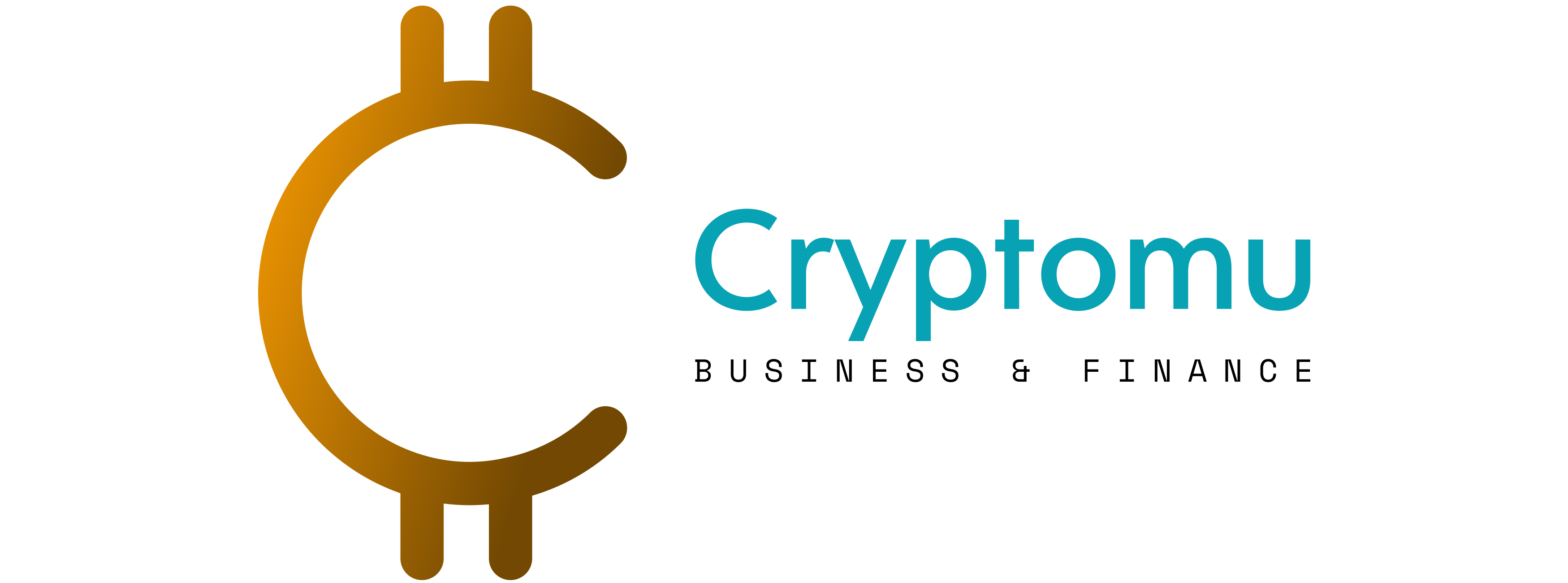Dealing with debt consolidation can be a complex financial endeavor, but it’s a strategy that holds the potential to alleviate the weight of multiple debts. Whether you’re juggling credit card balances, student loans, or other forms of debt, understanding the intricacies of debt consolidation is essential. In this comprehensive guide, we’ll delve into the nuances of this financial technique, explore its benefits, and help you make informed decisions regarding your debt management.
What is Debt Consolidation?
Debt consolidation is a financial strategy that involves combining multiple debts into a single, manageable loan or payment plan. This approach can be a lifeline for individuals drowning in various high-interest debts, such as credit card bills, personal loans, or medical expenses. By consolidating, you can potentially reduce your overall interest rate, simplify your finances, and have a clearer path to becoming debt-free.
The Mechanics of Debt Consolidation
Secured vs. Unsecured Loans
Before diving deeper into debt consolidation methods, it’s crucial to distinguish between secured and unsecured loans. Secured loans require collateral, such as your home or car, to back the loan. Unsecured loans, on the other hand, are not tied to any specific asset. Most debt consolidation options are unsecured, meaning they don’t put your assets at risk.
Debt Consolidation Methods
Now, let’s explore the various debt consolidation methods available:
1. Debt Consolidation Loans
A debt consolidation loan is one of the most common methods for merging multiple debts. This involves taking out a new loan with a lower interest rate than your existing debts and using it to pay off those high-interest balances. This way, you consolidate your debts into a single, more manageable monthly payment. The Art of Debt Consolidation.
2. Balance Transfer Credit Cards
Balance transfer credit cards offer an alternative approach to debt consolidation. These cards typically come with an introductory period of low or zero-interest rates on balance transfers. By transferring your existing high-interest credit card balances to a single card, you can save on interest and simplify your payments.
3. Home Equity Loans or HELOCs
If you own a home, you may consider using its equity to consolidate your debts. Home equity loans and Home Equity Lines of Credit (HELOCs) allow you to borrow against the value of your home. These options often offer lower interest rates, but they do put your home at risk if you can’t make the payments.
4. Debt Management Plans (DMPs)
A Debt Management Plan (DMP) is a structured program offered by credit counseling agencies. They work with your creditors to negotiate lower interest rates and consolidate your monthly payments into a single amount. This can make it easier to manage your debts and pay them off over time.
5. Debt Consolidation Companies
There are companies that specialize in debt consolidation services. They negotiate with your creditors on your behalf and create a repayment plan. However, it’s essential to research and choose a reputable company, as some may charge high fees or offer less-than-ideal terms. The Art of Debt Consolidation.
Pros and Cons of Debt Consolidation
Before you decide to pursue debt consolidation, it’s essential to weigh the advantages and disadvantages:
Pros of Debt Consolidation
- Simplified Finances: Managing one monthly payment is easier than juggling multiple bills.
- Lower Interest Rates: You may qualify for lower interest rates, reducing the overall cost of your debt.
- Potential Credit Score Improvement: As you pay off debts, your credit score may improve over time.
- Clearer Debt Repayment Plan: Debt consolidation often comes with a structured repayment plan.
Cons of Debt Consolidation
- Risk of Accumulating More Debt: Some individuals may continue to use credit cards after consolidating, increasing their debt load.
- Fees and Charges: Be aware of any fees associated with the consolidation process or loans.
- Impact on Credit Score: Initially, your credit score may dip due to the credit inquiry and new credit account. The Art of Debt Consolidation.
Is Debt Consolidation Right for You?
The effectiveness of debt consolidation depends on your unique financial situation and goals. Here are some considerations:
- Total Debt Amount: If your total debt is substantial, consolidation can be more impactful.
- Credit Score: Your credit score plays a role in the interest rates you can secure for consolidation.
- Financial Discipline: It’s crucial to address the habits that led to debt accumulation in the first place.
- Long-Term Commitment: Debt consolidation often requires a commitment to a multi-year repayment plan.
Conclusion
In conclusion, debt consolidation can be a valuable tool in regaining control of your finances and working toward a debt-free future. It’s essential to explore your options, carefully assess your financial situation, and make an informed decision. Seek guidance from financial experts or credit counseling agencies if needed. Remember, while debt consolidation can be a powerful solution, it’s just one step on the path to financial well-being. With the right strategy and commitment, you can pave the way towards a more secure financial future.

